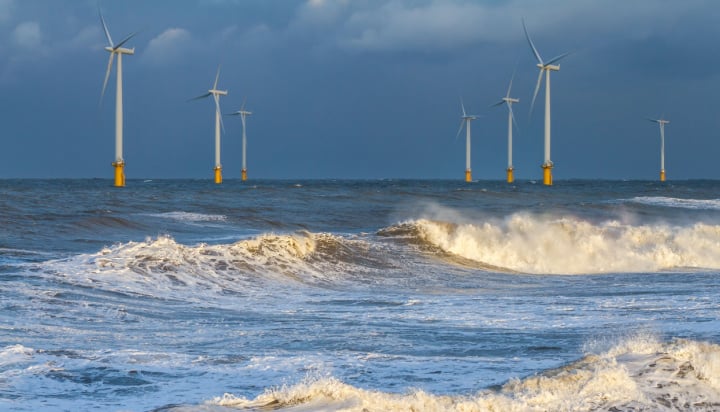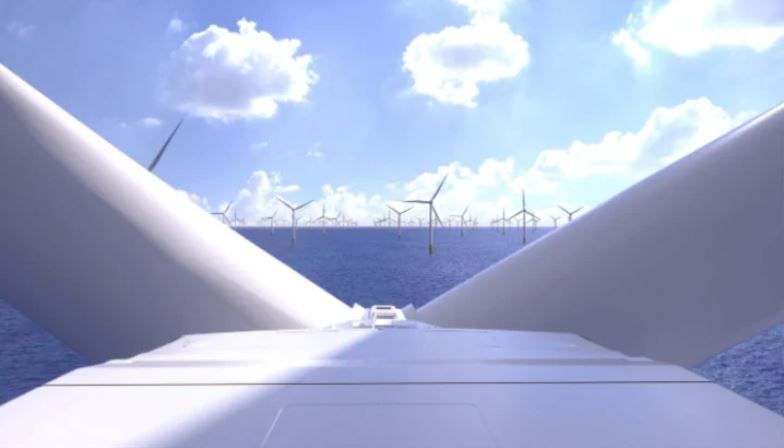The Consumer Council has encouraged consumers to consider switching energy suppliers following price decreases announced by Power NI and SSE Airtricity gas.
The Consumer Council is encouraging Northern Ireland consumers to explore energy supplier switching options as two major providers, Power NI and SSE Airtricity gas, announce price decreases.
SSE Airtricity gas has revealed a 22.8% reduction in their regulated gas tariffs for domestic and small business customers in both the Greater Belfast and West gas network areas.
This move is expected to result in significant savings, with typical annual gas bills for credit meter users in these areas dropping by about £320, and prepayment gas meter customers seeing reductions of around £316.













